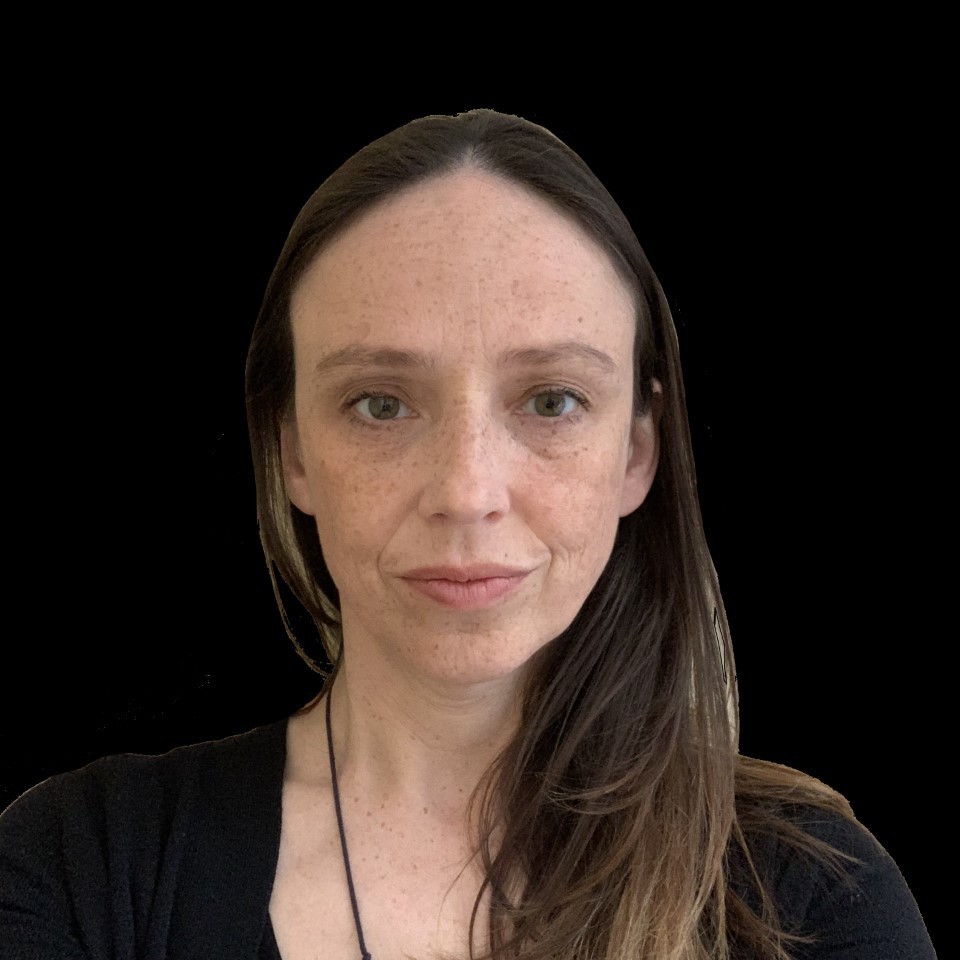About Us
The ERNI Declaration seeks to collect Human Rights allies who wish to take a position on the way in which distress, including extreme distress, is routinely understood and responded to across the globe.
The ERNI Declaration is a shared position statement that may be relevant to those who use or have used MENTAL HEALTH SERVICES, those who support family members who access services, and those who work within them. It may be of particular interest to people who have found so-called ‘treatment’ to dehumanise or invalidate them and their experiences. It may be of relevance to practitioners and community members who find it hard or impossible to work within the existing medical paradigms and who see the current system as based upon fundamentally pseudo-medical ideas which do harm.
The ERNI Declaration is a shared position statement that posits that EMOTIONS ARE NOT ILLNESSES. It states that ‘people experience a range of emotional distress including misery, a sense of failure, despair for the future, self-loathing, worry, loneliness, heart-break (and so on). These things can and do result in great suffering, but they are not illnesses. This medicalisation of distress is largely responsible for the unacceptably ineffective mental health services we currently have.’ It makes a case ‘for a move away from the concepts of treatment and cure to those involving helping people understand the impact of psychological injury and the role of many different types of adversity.'
History
The ERNI Declaration evolved from the sense of impotence felt by lone individuals forced to access or work in mental health services that are fundamentally flawed, unhelpful, or harmful. The ERNI Declaration is a clear statement that positions its signatories alongside allies. It moves us away from the position of being the lone advocate in a powerful system to being alongside international peers. It makes visible what we believe and how we approach our professional work or the care we receive within mental health services. ANYONE can sign the declaration if they feel it represents their view.
The ERNI declaration is based on the idea that distress does not equate to disease, dysfunction, dysregulation, or chemical imbalance. Signatories believe that there needs to be a shift from illness and diagnosis ideas to personal narratives and understandings. The declaration was created with the appreciation that there are many like-minded people out there who share opinion, research, ideas, and experiences with others within many contexts but are frustrated by subsequent lack of action or change within mental health and other related systems.
ERNI Steering Group - UK
As the number of signatories grows, so too do the possibilities for using it to actively shape policy and care. The ERNI Steering Group hope:
- Individually, it allows like-minded people who access services or work within them to make visible how they think and how they will (and won’t) approach their work in the system.
- To see ERNI registered organisations emerging.
- That those who use services will ask their workers if they have signed the declaration.
- That people using the services will request ERNI-registered practitioners.
- To see commissioning of ERNI-compatible services.

Name:
Paul Blackburn
Titles:
ERNI Steering Group Lead Member
Registered Counselling Psychologist / Systemic Family Therapist

Name:
Anna Doughty
Titles:
ERNI Steering Group Member
Mental Health Professional

Name:
Chrissie Blackburn
Titles:
ERNI Steering Group Member
Mental Health Professional

Name:
Gemma Dent
Titles:
ERNI Steering Group Member
Mental Health Professional
ERNI Project Coordinator

Name:
Kate Macdonald
Titles:
ERNI Steering Group Member
Mental Health Professional

Name:
Maddie Hurd
Titles:
ERNI Steering Group Member
Mental Health Professional




